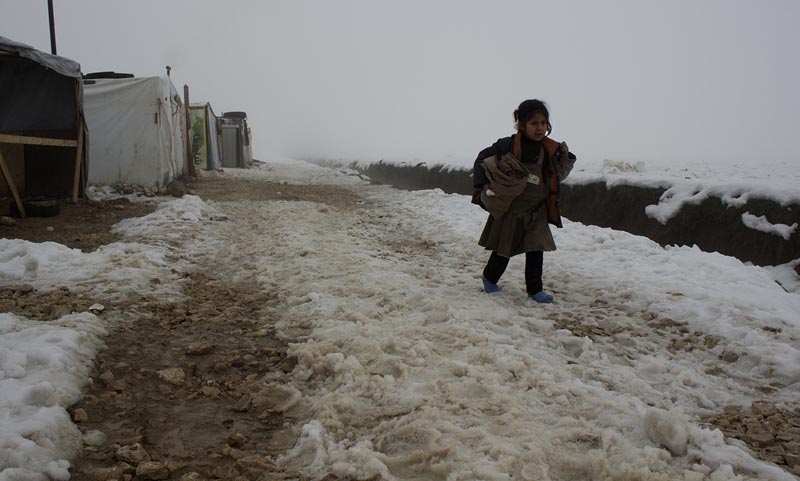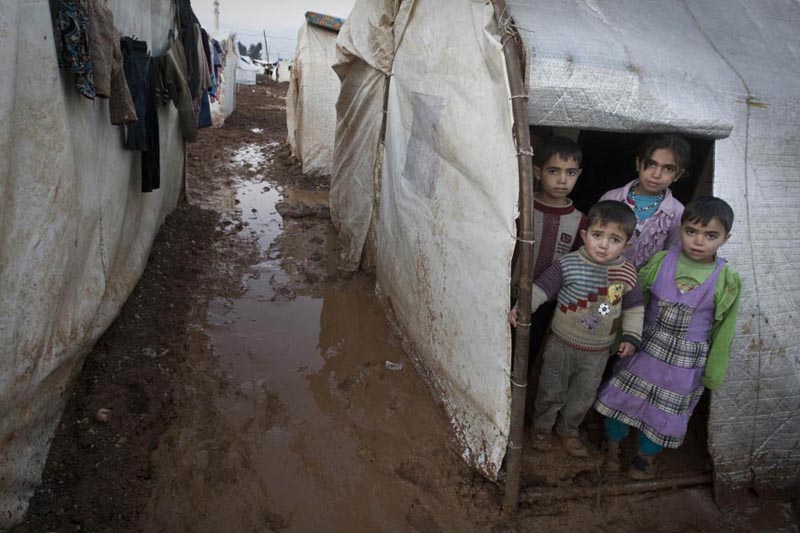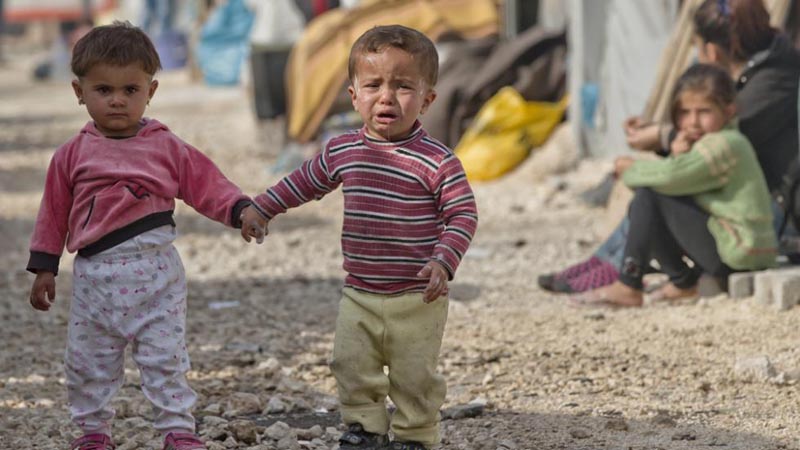GINEBRA.- Unicef advirtió hoy sobre el delicado estado de salud de los niños refugiados que cruzan Europa de este a oeste, puesto que están «agotados físicamente, asustados, angustiados y en muchos casos necesitan asistencia sanitaria».
La llegada del invierno ha incrementado la crudeza de la travesía para estos menores que y ha empeorado sus condiciones físicas y sanitarias.
La falta de vestimenta adecuada para las gélidas temperaturas del este de Europa, y la escasez de alimentos apropiados para los niños, junto con la falta de calefacción en algunos refugios y transportes de la ruta, agravan la situación.
Actualmente, según datos de Unicef, más de uno de cada tres refugiados es menor de edad.
Según datos de las autoridades locales, el 37 por ciento de los refugiados que cruzaron Macedonia en diciembre eran niños, un incremento respecto del 23 por ciento registrado en septiembre.
En Serbia, el porcentaje de menores entre los refugiados era del 36 por ciento en diciembre, también mayor que el 27 por ciento de septiembre.
Según Unicef, la mayoría de los menores que se encontraban en Serbia tenían edades comprendidas entre los 5 y los 9 años.
La situación de estos niños refugiados les hace especialmente vulnerables ante las infecciones respiratorias, los problemas digestivos y las diarreas, según alertó en un comunicado la coordinadora especial para los refugiados de Unicef, Marie-Pierre Poirier.
En total en 2015, de entre los más de un millón de refugiados que llegaron a Europa a través del Mediterráneo, unos 253,700, es decir, uno de cada cuatro, eran niños.
EFE/Foto: savethechildren.es



